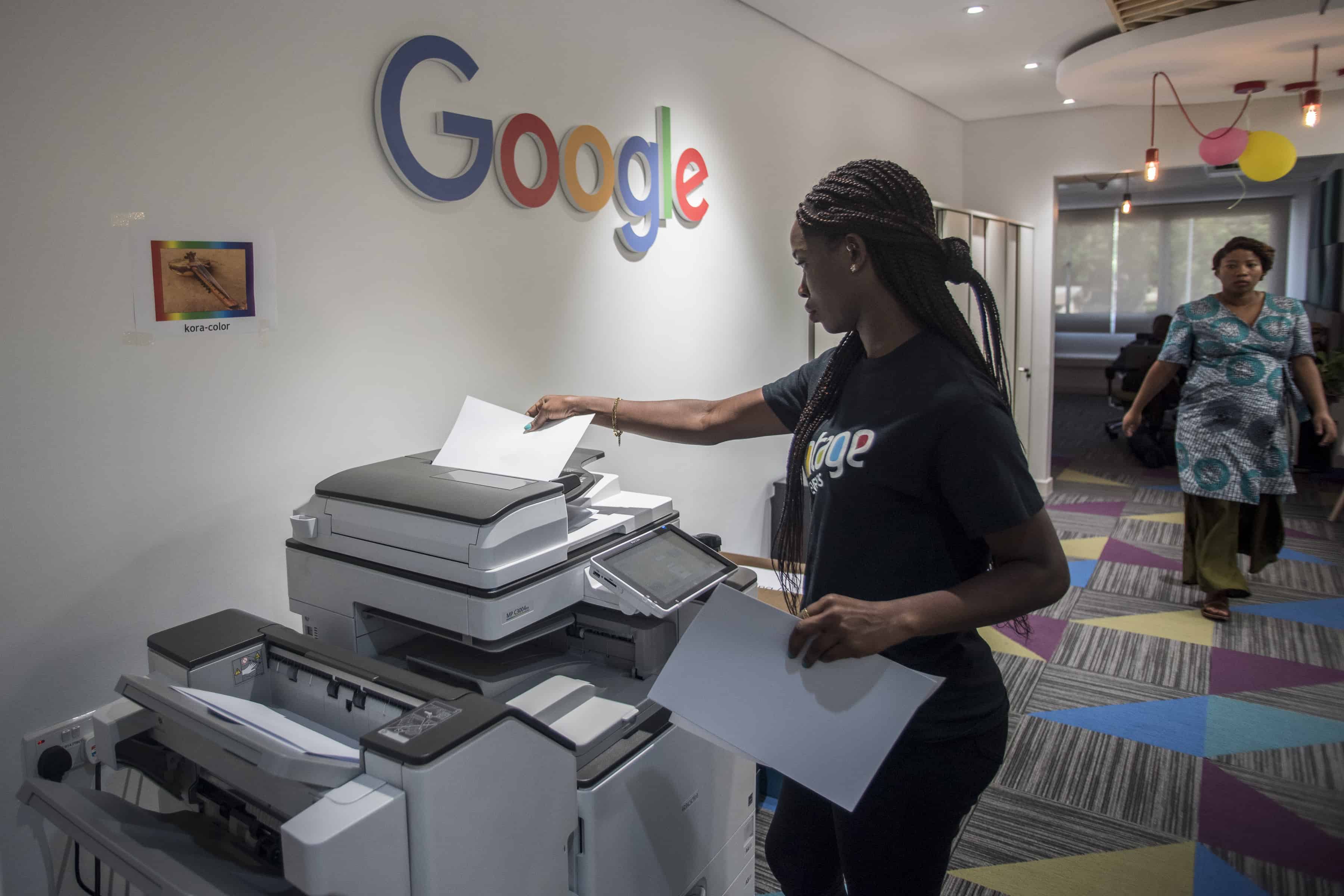San Francisco, United States–Google parent Alphabet has agreed to pay $700 million as part of an antitrust settlement made public on Monday, with the funds going to US customers of its Android app store and state governments.
Dozens of US states had joined forces in a lawsuit filed in July 2021 that accused Google of abusing its power regarding consumer access to apps on mobile devices running its Android operating system.
As part of the settlement, the company will make changes to its Google Play app store to reduce competition barriers for developers, including by implementing the ability for apps to bill users directly.
The announcement comes after Epic Games won a related suit last week, when a jury said Google partook in an illegal monopoly through Play.
That lawsuit, backed by 37 state attorneys general, accused Google of using anti-competitive tactics to discourage Android apps from being distributed in app shops other than its Play store, where its payment system collects commissions on transactions.
The settlement was originally announced in September, but the deal’s details were not disclosed.
“Google will pay $630 million into a settlement fund to be distributed for the benefit of consumers according to a Court-approved plan and $70 million into a fund that will be used by the states,” the search engine giant said in a statement Monday.
The settlement fund will be used to distribute money to eligible users across the United States.
Eligible consumers who made a purchase on the Play store between August 16, 2016 and September 30, 2023 will receive a minimum of $2, according to the court settlement.
Apps will also now be able to charge Android users directly for in-app purchases, though they’ll still face a commission charge from Google.
“App and game developers will be able to implement an alternative billing option alongside Google Play’s billing system for their US users who can then choose which option to use when making in-app purchases,” the statement read.
‘Injustice’
In addition to the US states who filed the case, all 50 States, the District of Columbia and two territories have joined the settlement.
But Tim Sweeney, the CEO of Epic Games, the maker of Fortnite, called the settlement “an injustice to all Android users and developers” as it will continue to allow for “scare screens” that dissuade users from using any alternatives to Google Play.
Epic Games also decried that users who chose to use a different payment option on their device would still pay Google a 26 percent commission, instead of the 30 percent that most apps are charged on Play.
The company pointed out that the states were originally seeking $10.5 billion in unjustly collected fees before settling for just $700 million.
Epic sued Google and Apple in 2020, accusing the tech titans of abusing control of their respective shops selling apps and other digital content on mobile devices.
Epic Games refused a settlement with Google and won its case when a jury decided that the search engine giant wields illegal monopoly power through its Android app store.
Alphabet said Monday that they “are challenging that verdict and our case with Epic is far from over.”
Epic mostly lost its case against Apple.








